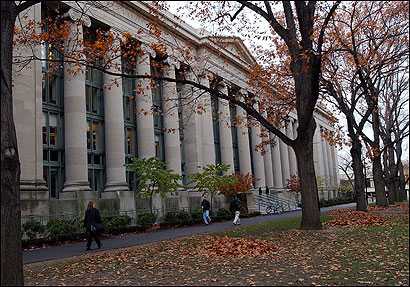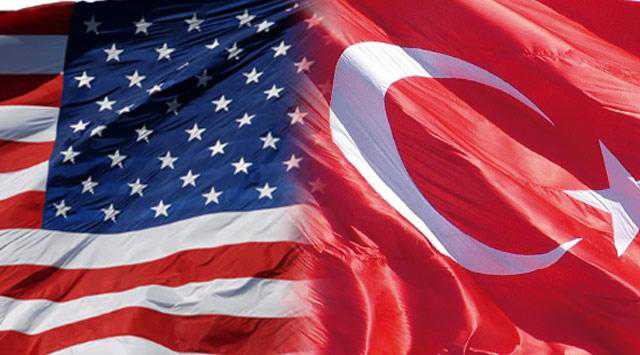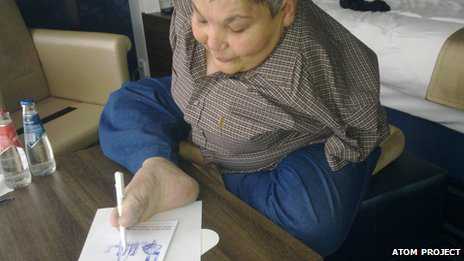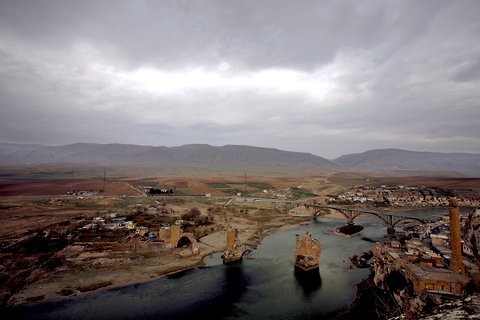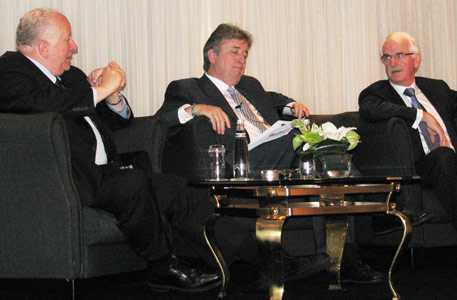
(Frem lef) Ed Fuller of Marriott International Lodging, Tony Potter of Corinthia Hotels and Gerald Lawless of Jumeirah Group discussed a wide variety of during a panel at last week’s ISHC annual conference in Istanbul.
|
ISTANBUL—Free movement and travel between countries and regions is an important element in the future success of the global hotel industry, panelists said during last week’s International Society of Hospitality Consultants’ annual conference at the Ceylan InterContinental Istanbul.
“It will have a negative effect if countries go back to restricting travel,” Gerald Lawless, executive chairman of Dubai-based Jumeirah Group, said.
The importance of having a welcoming visa policy was evident in Dubai after the United Arab Emirates loosened its visa restrictions 12 years ago, he said. “Dubai changed overnight.”
The dramatic change in Dubai should be a lesson to all governments, including lawmakers in the United States, said Ed Fuller, president and managing director of Marriott International Lodging. He said there were more Chinese visitors in Paris last year than in the United States—a trend that must change if the U.S. hopes to increase international arrivals.
“Take down the roadblocks and you would have a stimulus package that would make any politician blush,” he said.
Jim Burba, the panel’s moderator and president of Burba Hotel Network, said some data indicates that for every new 35 visitors to the U.S., one new job is created.
Lawless said the freedom of travel that emerged during the past 20 years ranks with the creation of the European Union and the breakout of the Soviet Union as milestone events for the global hotel industry. He said the subsequent emergence of technology-driven tools, such as electronic visas, should help create even more tourism opportunities around the globe.
“There should be a common international system that starts with America,” he said. “Technology has shown us that you can be cleared for just about any country in the world if they would all come together.”
|
| Tony Potter of Corinthia Hotels acknowledged that oversupply and civil unrest in some markets have made a recovery tougher in the hotel industry. |
|
Tony Potter, CEO of Corinthia Hotels, said e-visas are an important element in developing more meeting, incentive, conference and exhibition business for hotels.
“Long queues, unacceptable delays (hurt business),” he said. “Some governments are not getting more restrictive, they’re just not opening their eyes to the issue.”
Corinthia is a Malta-based management company in which Wyndham Hotel Group owns a 30% stake. It has 21 hotels in its portfolio, including 11 that fly the Corinthia brand flag.
Lawless and Potter dismissed the notion that reciprocal visa-waiver programs are needed. They said countries should promote visa waivers to other countries even if those other countries don’t reciprocate.
“This tit-for-tat (philosophy) is understandable, but they will never solve the problems with tit-for-tat,” Potter said. He noted one example of this is Malta, which could go from a medium-priced destination to a high-priced destination if it could simply institute a visa waiver program for Russians—but European Union policies won’t allow it.
Unpredictable economy is an issue
The unpredictable state of the global economy also was a big part of the panel’s conversation. Fuller said because the world’s economies are so closely related, there’s no place to find shelter when a worldwide economic storm takes place.
“In the past, you had economic protection (because different regions had different performances),” he said. “Today, it’s either good or bad.”
The performances of hotels are improving on a broad scale, Fuller said. “Things are improving off a pretty low base, but we have not gotten back to 2007 numbers and we have a ways to go,” he said. “We are continuing to focus more on the sales side than the costs side.”
Potter said oversupply in many destinations—particularly in Europe—makes it difficult for hoteliers to be ultra successful. That, plus social unrest leading to political disruptions in Northern Africa and the Middle East, have produced an uncertain economy that makes it difficult to forecast business trends.
“The good news is we’ve seen some recovery in some markets where we had been struggling,” Potter said. He specifically cited properties in Prague and Hungary as showing improved performance metrics.
|
| Gerald Lawless of Jumeirah Group said that the dynamics of Dubai changed overnight when the United Arab Emirates changed its visa policy. |
|
Lawless said the “unbelievable” peak the worldwide hotel industry reached in 2007 will be hard to replicate anytime soon. “We’ve gotten back to it for certain periods but not extended periods,” he said. “In ’07, some of our hotels were running 100% occupancy with (US)$1,000 (average daily rate).”
Lawless said leisure demand has been consistently stronger than business demand so far during the recovery, which is leading to Jumeirah’s more conservative approach to budgeting for 2012.
Global opportunities
The panelists see plenty of other bright spots around the world, too. Lawless said his company, which has 10 luxury hotels in operation with 10 more expected to come online by the end of the first quarter of 2012, sees huge opportunities for growth in China and Africa.
“Long term, the opportunity is what we would look like as a brand and how we can develop,” he said. “How many properties are in a brand, and is there an opportunity to go multi brand.”
Lawless pointed out countries such as Jordan and Syria as potential opportunities if they ever become politically stable.
“The Holy Land, there’s such history there,” he said. “We really hope one day we see real peace there.”
Fuller said Marriott’s major opportunities are in evolving new markets.
“There are new travelers every day,” he said. “India has become more significant, and the tremendous number of people traveling makes it exciting. In the long term, we have 18 brands and there’s no end to the tunnel. We are just starting out in many markets with more to come.”
Fuller said Marriott likes the potential of Vietnam as a market and has several projects in development there. Overall, Marriott has 3,796 hotels in its portfolio—including 550 properties outside of the U.S. Of those 550, 70% are managed by Marriott and 30% are franchises, he said.

